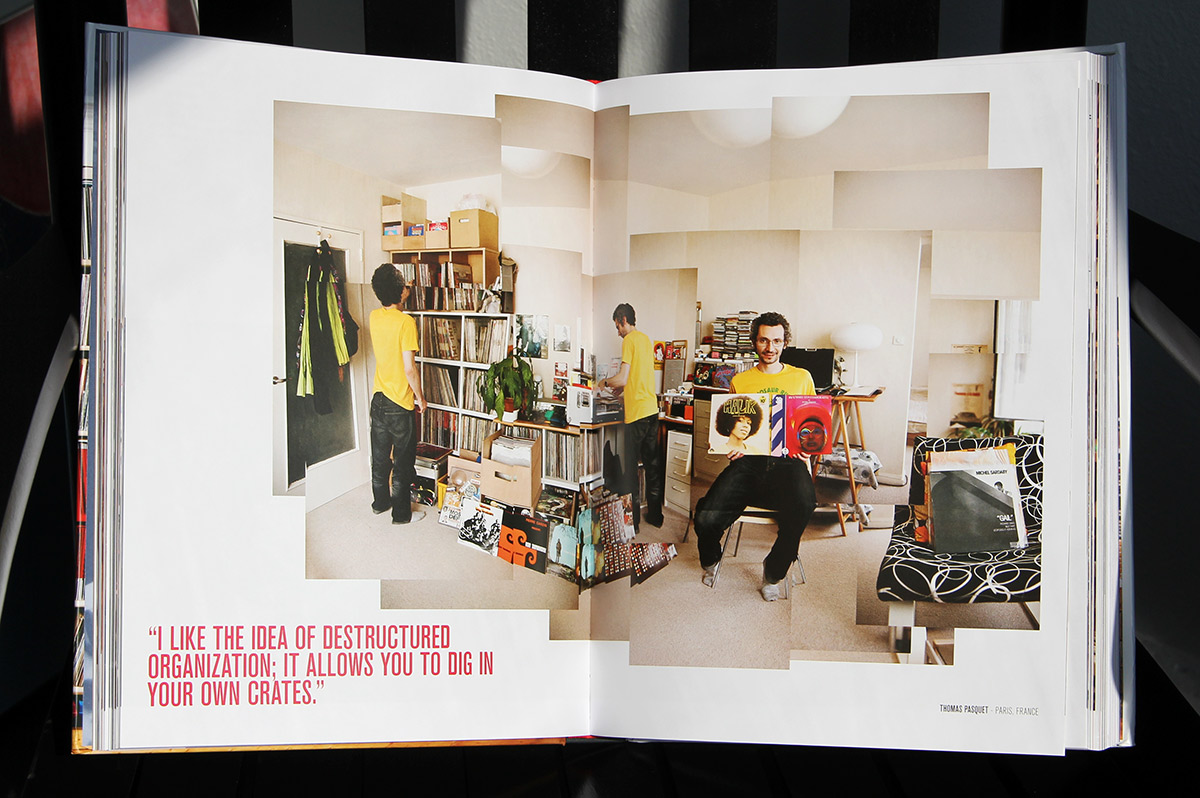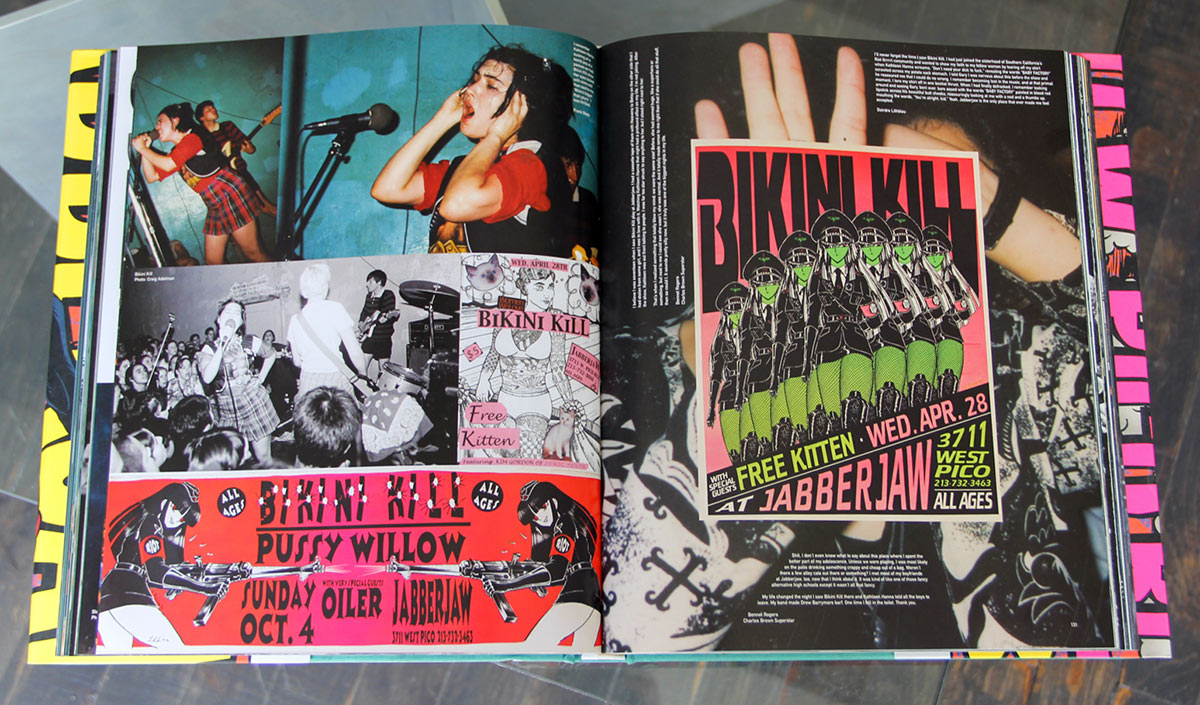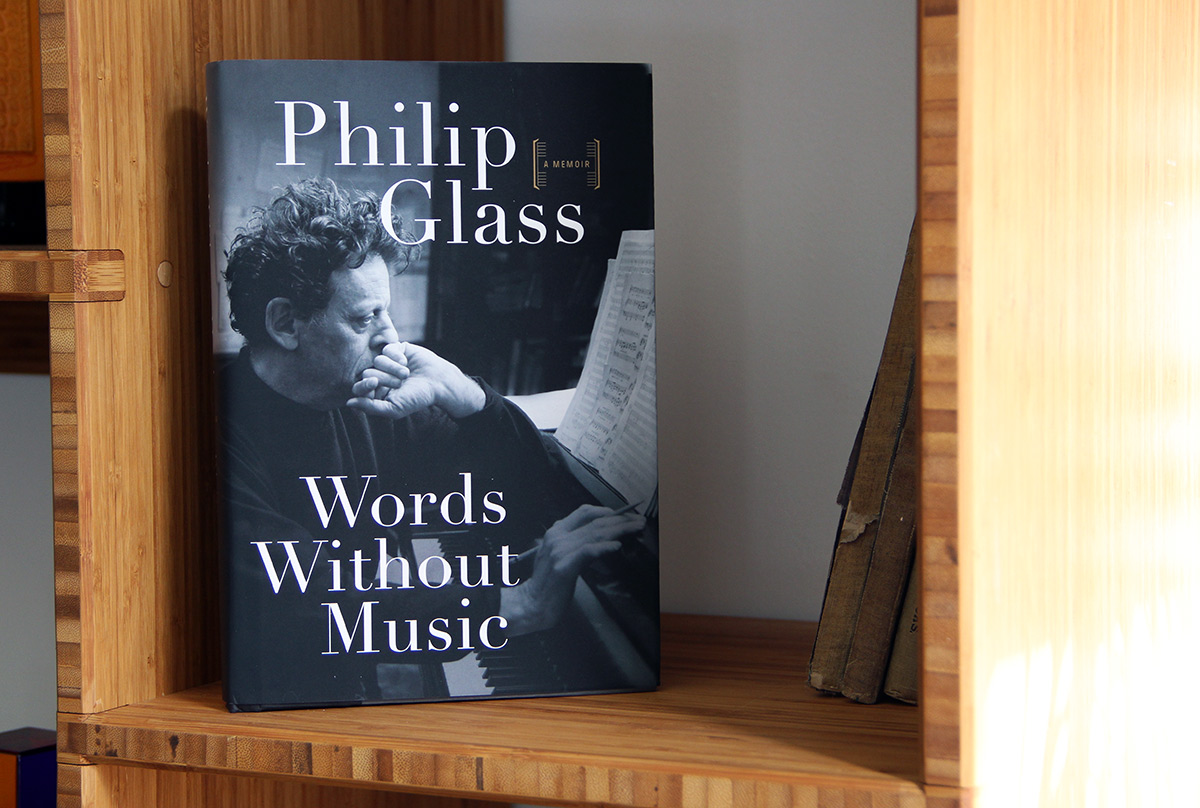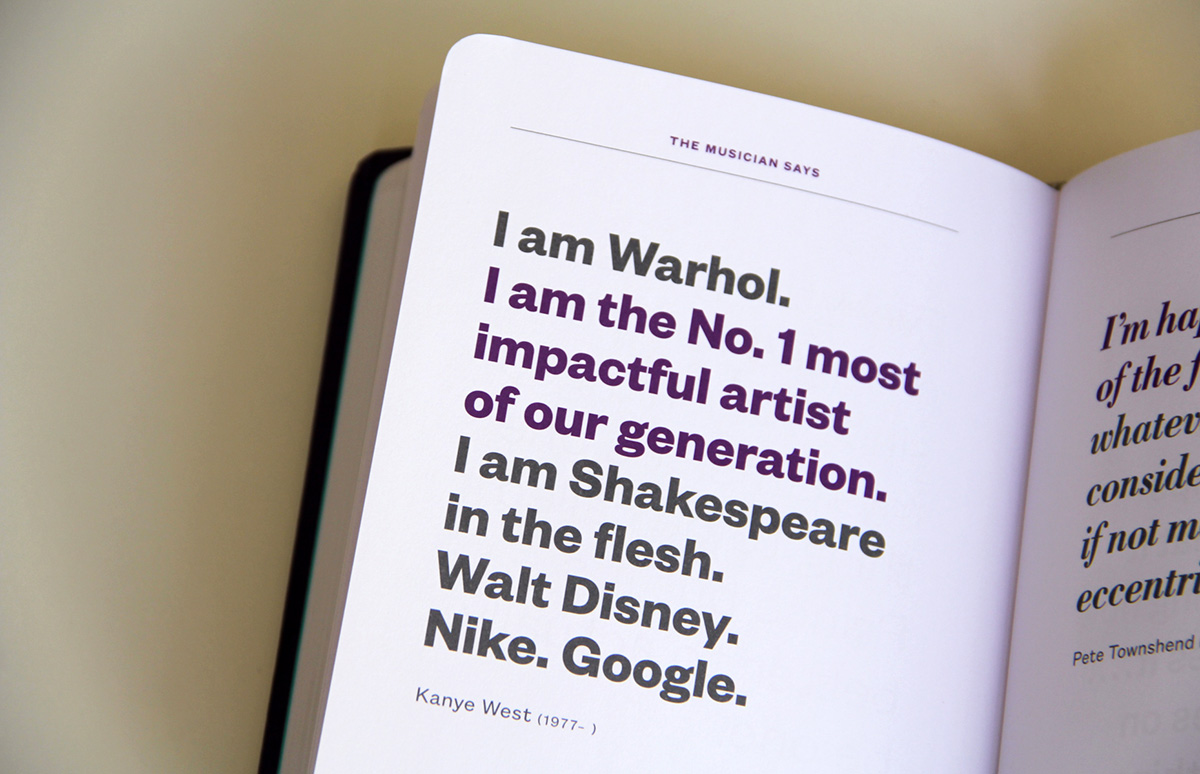What We’re Reading: Music Books
Take a break from the headphones to dive into pages about Philip Glass and vinyl heads

After you’ve listened to album after album on Spotify, recovered from a weeknight concert, bombasted by music at the local bar, it’s sometimes nice to let the ears rest. There’s still another way to get your music fix, however—in the form of bound pages. And books, lest you forget, can be far more insightful and impactful than the latest stream of Tweets from your favorite band. After you’ve devoured must-reads like Patti Smith’s memoir (and soon to become its own TV show) “Just Kids” and David Byrne’s “How Music Works,” here are a few new-ish suggestions to diversify your reading list.

Dust & Grooves: Adventures in Record Collecting
With its origins as a personal photo project, “Dust & Grooves” takes an intimate look at die-hard vinyl enthusiasts around the world and their unique collections. There’s something that connects those particular people who seek out 75s, 33s and 45s in a digital age, and photographer Eilon Paz shines a light on this unifying passion. Those interviewed remember their first, pose with their most treasured (or weirdest) album and contemplate their personal attachment to vinyl. First self-published by Paz (thanks to a successful Kickstarter), “Dust & Grooves” ($50) can now reach more people thanks to a new edition from Ten Speed Press this September.

Out of the Vinyl Deeps: Ellen Willis on Rock Music
The New Yorker’s first-ever popular music critic, Ellen Willis, took the role in 1968 at the age of 26, during a time when male writers dominated the emerging field of rock criticism—which is also how history and academia likes to remember it. Compiled and edited by Willis’ daughter, “Out of the Vinyl Deeps” ($23) re-introduces some of Willis’ best writings from the ’60s and ’70s to a generation accustomed to blog posts, YouTube comments and Amazon reviews. Willis ruminated honestly and personally on Bob Dylan, The Velvet Underground, the Rolling Stones, Bruce Springsteen (“he is not a great songwriter”), Janis Joplin and more within the larger social and political context, exploring topics like power and gender, all the while never forgetting the importance of dancing and enjoying oneself. Willis lost interest in writing about music in the early ’80s (when rock music disassociated itself from radical intentions), focusing her attention to feminism and politics, but her work in legitimizing the field of pop music criticism remains invaluable.

It All Dies Anyway: LA, Jabberjaw, and the End of an Era
“It All Dies Anyway” ($55) is the story of the no-frills coffeehouse art gallery (and micro movie theatre) that serendipitously became a underground LA music venue in the ’90s, closing after eight years in 1997. It was the antithesis to clubs at the time (and still today): all-ages, always five bucks a show, no alcohol, and rock bands performed on the tiny stage hand-built by young owners Gary Dent and Michelle Carr. Designer, author and Jabberjaw regular Bryan Ray Turcotte has preserved the venue’s run through a compilation photographs (you’ll notice one thing glaringly absent: any sign of a cellphone in the audience), illustrated flyers and posters, postcards, even reports from the local police and fire department. Most enlightening are the anecdotes from the musicians, artists and the community of misfits who reminisce about their experiences seeing Nirvana, Hole, Bikini Kill, The Jesus Lizard. But it seems like a consensus that the nights when horrible bands played to 10 people were just as memorable.

Words Without Music
Philip Glass, now 78 years old, revisits the past six or seven decades in his memoir “Words Without Music,” ($30) revealing his journey in becoming a prolific composer who broke the conventions of classical music. We read about the day jobs Glass kept (such as driving taxis, installing toilets, even assisting Richard Serra full-time for three years) until he turned 41; the music and life lessons taught by cherished teachers Nadia Boulanger and Ravi Shankar; his travels to the East where he would forge a permanent connection with India and its culture. It’s a fascinating to learn about the influences on Glass’ music (Tibetan Mahayana Buddhism to “the energy system known as New York City”), which in turn, have clearly influenced the next generation of not only musicians and composers, but theatre, film, academia and more.

The Musician Says
In the latest from Princeton Architectural Press’ Words of Wisdom series (which has put together bite-sized quotes from chefs, designers, filmmakers and more) comes one from the musicians, for fellow music lovers and fans. Compiling words from Beethoven, Miles Davis, Björk, St Vincent and more, “The Musician Says” ($15) offers inspiring advice to controversial statements, all on their nature of unique work. Justin Timberlake comments on the absolute silence after a concert of eighty thousand people; Tom Waits compares opening for Frank Zappa to a “rectal thermometer for the audience”; Beyoncé describes her perfectionism as practicing until her feet bleed. The book separates artists away from their history-making songs and symphonies, and brings us closer to their human experiences, if for just a fleeting moment.
Images by Cool Hunting












